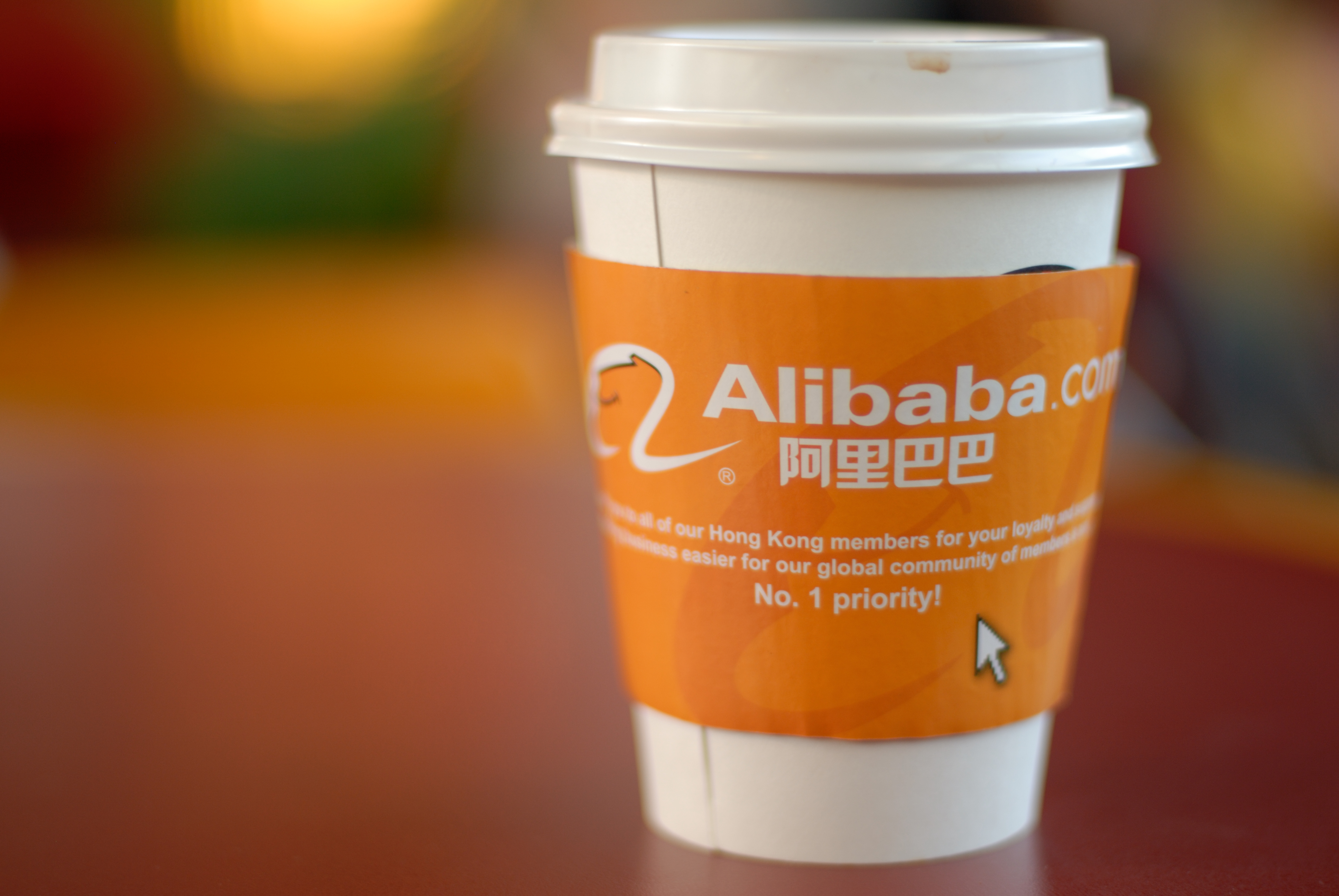Public Security Bureau put under arrest Patrick Liu Chunning, the vice president of Alibaba Group, and general manager of OSTV, Alibaba Group division. The Bureau accused him of taking bribes during his tenure in the investment holding company Tencent Holdings. Alibaba Group has a controlling stake in Alibaba Pictures, engaged in film production.
- We understand that Mr. Chunning was detained by police in connection with allegations of bribery during his stay in Tencent Holdings. We were very shocked by the news. We support the efforts of Tencent to fight corruption, - said Alibaba in a statement.
Also, the statement notes that the company is going to cooperate with the authorities and provide legal assistance for Liu’s family. Liu is a former head of Tencent Video. He left the company, along with other members of the unit after decapitation two years ago.
Recall that China has very strict anti-corruption laws: the death penalty waits everyone who dare to take a bribe. Over the 30 years of reform, more than a million employees of the Party and state apparatus was brought to trial for bribery. However, even public executions cannot completely eradicate collusion of businessmen and officials on the principle of "your power - my money".
Why has the transition from the state-controlled to the market economy become less fertile ground for corruption - a weed that cannot be weeded? According to Deputy Director of the Academy of Social Sciences of China Yan Fang, lagging political reforms behind the economic allows officials to hide management of state property and natural resources from public scrutiny. This helps them convert national wealth into private property. This kind of abuse have found a variety of forms - from trade import and export licenses and profitable state orders to the fraudulent bankruptcy of private enterprises in order to sell them for nothing in private hands.
The negative effects of economic reforms, Chinese scholars say, was the process of "capitalization of power," that is, the conversion of official position in the capital, bringing dividends. Instead of playing the role of judges keeping an eye open for the market games, the officials often arrogate the function of players to themselves.
source: scmp.com
- We understand that Mr. Chunning was detained by police in connection with allegations of bribery during his stay in Tencent Holdings. We were very shocked by the news. We support the efforts of Tencent to fight corruption, - said Alibaba in a statement.
Also, the statement notes that the company is going to cooperate with the authorities and provide legal assistance for Liu’s family. Liu is a former head of Tencent Video. He left the company, along with other members of the unit after decapitation two years ago.
Recall that China has very strict anti-corruption laws: the death penalty waits everyone who dare to take a bribe. Over the 30 years of reform, more than a million employees of the Party and state apparatus was brought to trial for bribery. However, even public executions cannot completely eradicate collusion of businessmen and officials on the principle of "your power - my money".
Why has the transition from the state-controlled to the market economy become less fertile ground for corruption - a weed that cannot be weeded? According to Deputy Director of the Academy of Social Sciences of China Yan Fang, lagging political reforms behind the economic allows officials to hide management of state property and natural resources from public scrutiny. This helps them convert national wealth into private property. This kind of abuse have found a variety of forms - from trade import and export licenses and profitable state orders to the fraudulent bankruptcy of private enterprises in order to sell them for nothing in private hands.
The negative effects of economic reforms, Chinese scholars say, was the process of "capitalization of power," that is, the conversion of official position in the capital, bringing dividends. Instead of playing the role of judges keeping an eye open for the market games, the officials often arrogate the function of players to themselves.
source: scmp.com



















